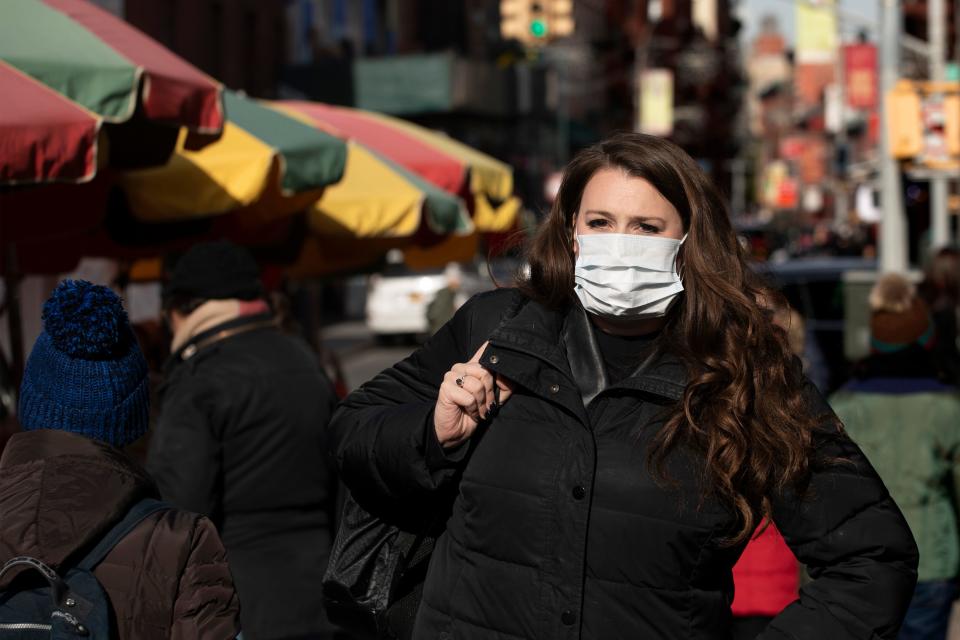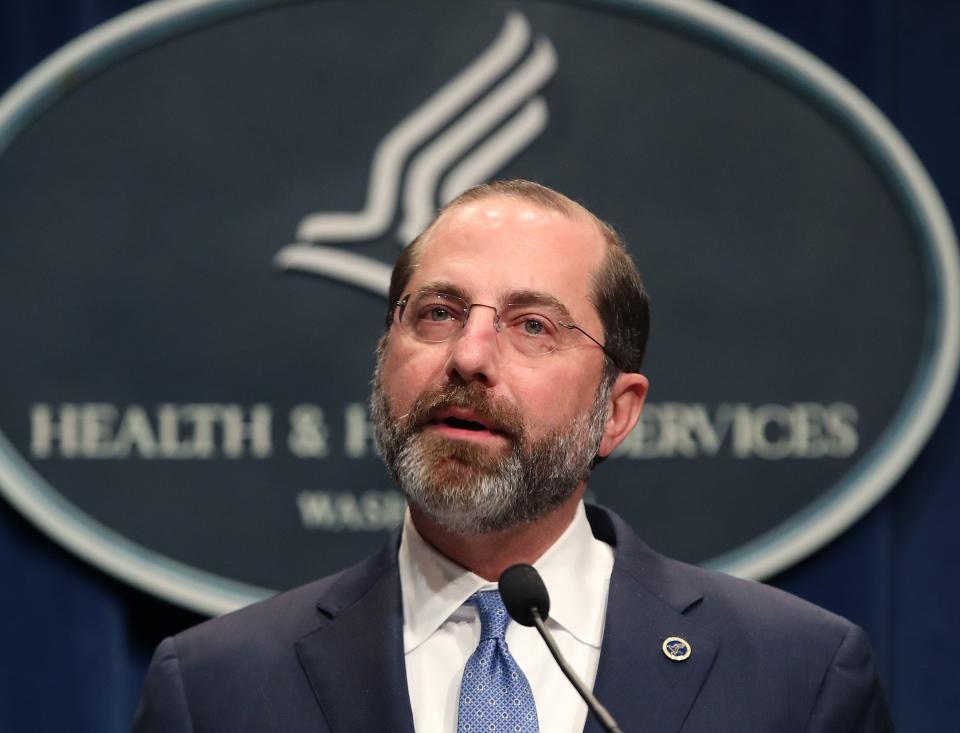How To Prepare For A Pandemic, According To U.S. Health Officials
The new coronavirus epidemic is likely to grow into a pandemic, with additional cases expected in the U.S. possibly within the coming days, federal health officials said this week.
Despite these growing concerns, health officials on Tuesday said it’s not yet clear what this could mean for the general public. What is known, however, is how the public and government health agencies can prepare.
“It’s not so much a question of if this will happen anymore, but rather more a question of when this will happen and how many people in this country will become infected,” Dr. Anne Schuchat, the Center for Disease Control and Prevention’s principal deputy director told reporters Tuesday of the disease’s spread in the U.S.
Fortunately, according to Schuchat, there’s “literally a playbook” on how to respond to such a health risk, at the federal and local levels.

These measures include aggressive containment efforts, vaccine development, maintaining travel restrictions, and the Food and Drug Administration surveying the medical supply chain for potential shortages.
Though there are no known current medical product shortages, FDA Commissioner Dr. Stephen Hahn said “the FDA is keenly aware that the outbreak will likely affect the medical product supply chain.”
Personal protection equipment like face masks are believed to be at risk of shortage in the future, he said.
For members of the general public, the joint message pushed, for now, is merely staying aware and informed.

“I think what’s really important for people (is) to stay informed, stay aware, and to learn about the circumstances,” said Schuchat.
“We want people to be ready in terms of if we do see community spread, what would that mean for you. Maybe something different in your community than another community, based on local circumstances, but we wanted people to look at what that road map might be,” she said.
Should there be widespread, person-to-person transmission of the...

 Yahoo Lifestyle
Yahoo Lifestyle 

